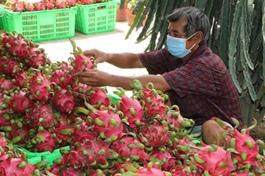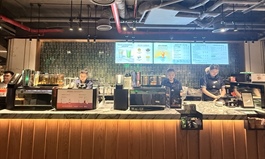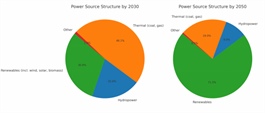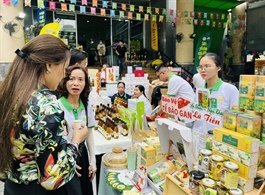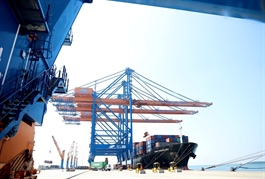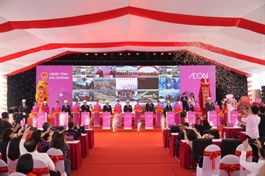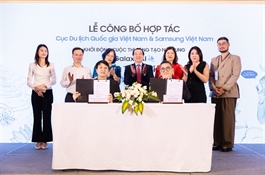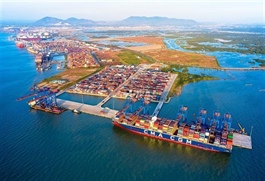Brazil becoming key market for Việt Nam's seafood
Brazil becoming key market for Việt Nam's seafood
Brazil is quickly becoming a key market for Vietnamese seafood products, presenting strong opportunities for growth, according to the Việt Nam Association of Seafood Exporters and Producers (VASEP).
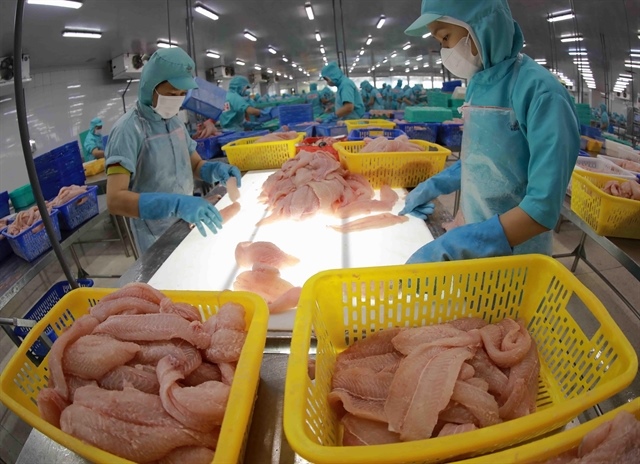
Processing pangasius for exports. In 2024, Việt Nam’s seafood exports to Brazil reached nearly $130 million, mainly including pangasius. —VNA/VNS Photo |
Brazil is rapidly becoming a key market for Vietnamese export seafood products, presenting strong opportunities for growth, according to the Việt Nam Association of Seafood Exporters and Producers (VASEP).
Despite being the second-largest aquaculture producer in Latin America, Brazil continues to rely heavily on seafood imports - purchasing over US$1.4 billion worth annually.
Local production struggles to meet demand, particularly for species like salmon, cod, shrimp and whitefish. Overfishing has also reduced natural seafood supplies, creating further reliance on imports.
With a population exceeding 200 million and an average per capita seafood consumption of 12 kg per year - higher than in the US - Brazil’s seafood appetite is sizeable and still expanding. Demand is especially concentrated in major urban centres such as São Paulo, Rio de Janeiro and coastal regions.
In 2024, Việt Nam’s seafood exports to Brazil reached nearly $130 million, marking a 14 per cent year-on-year increase, with pangasius contributing the majority of that figure.
Việt Nam was Brazil’s second-largest seafood supplier in 2024, accounting for 17 per cent of total imports and leading the white-meat fish segment with a commanding 38 per cent market share.
This upward trend shows no signs of slowing. Việt Nam's seafood exports to Brazil hit $48.2 million in the first quarter of 2025 - a nearly 73 per cent increase compared to the same period in 2024.
Vietnamese seafood is gaining favour in Brazil thanks to competitive pricing and consistent quality. Products such as fish fillets, cakes and balls and peeled shrimp align well with the growing demand for convenient, processed foods among Brazil’s expanding middle class. These products are especially popular in supermarkets and restaurants serving the middle-class customers in Brazil.
Besides, Brazilian authorities are considering more flexible regulations on import standards - such as permissible phosphate levels. That would facilitate the entry of more deeply processed Vietnamese products into the market.
Brazil is currently Việt Nam's largest trading partner in South America, with both nations aiming to increase bilateral trade turnover to $10 billion by 2025.
Việt Nam is also in ongoing negotiations with the MERCOSUR trading bloc, including Brazil, in hopes of securing tariff reductions, that would enhance its competitiveness against key rivals like India and Thailand.
However, the Brazilian market is not without its challenges.
Since February 2024, Brazil has temporarily halted tilapia imports, due to disease concerns and may extend similar controls to other species, including pangasius. A ban on whole frozen shrimp imports and administrative import procedures also pose significant barriers.
In addition, Vietnamese exporters face stiff competition from other major suppliers such as Ecuador, India and Indonesia.
Brazil’s increasingly strict requirements on sustainability and traceability further demand that Vietnamese businesses elevate their practices and certifications.
To solidify and expand their presence in Brazil, Vietnamese seafood companies are encouraged to monitor regulatory changes closely, especially those related to quarantine protocols and food additives, and invest in deep processing and develop value-added products tailored to Brazilian consumer preferences.
They also need to engage actively in trade promotions and food industry fairs and leverage support from the Việt Nam Trade Office in Brazil.
They are urged to pursue international sustainability certifications such as ASC (Aquaculture Stewardship Council) and BAP (Best Aquaculture Practices) to enhance brand credibility and market access.
- 07:52 22/04/2025







